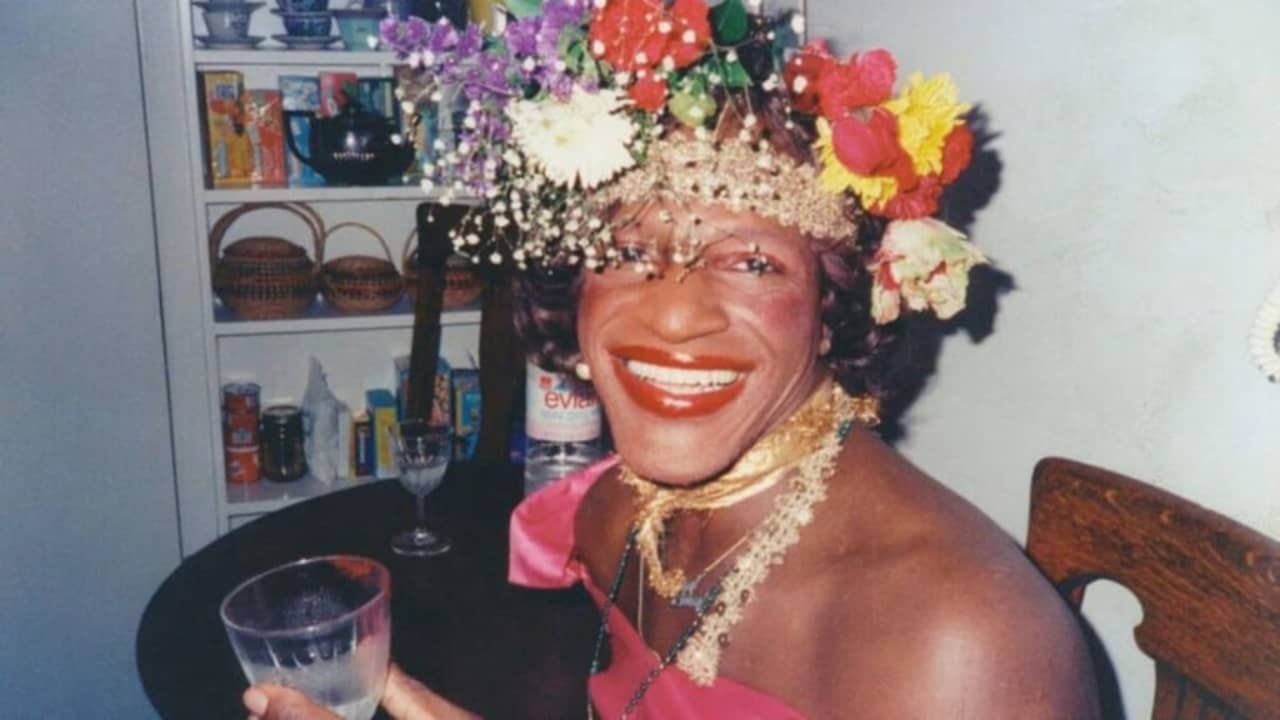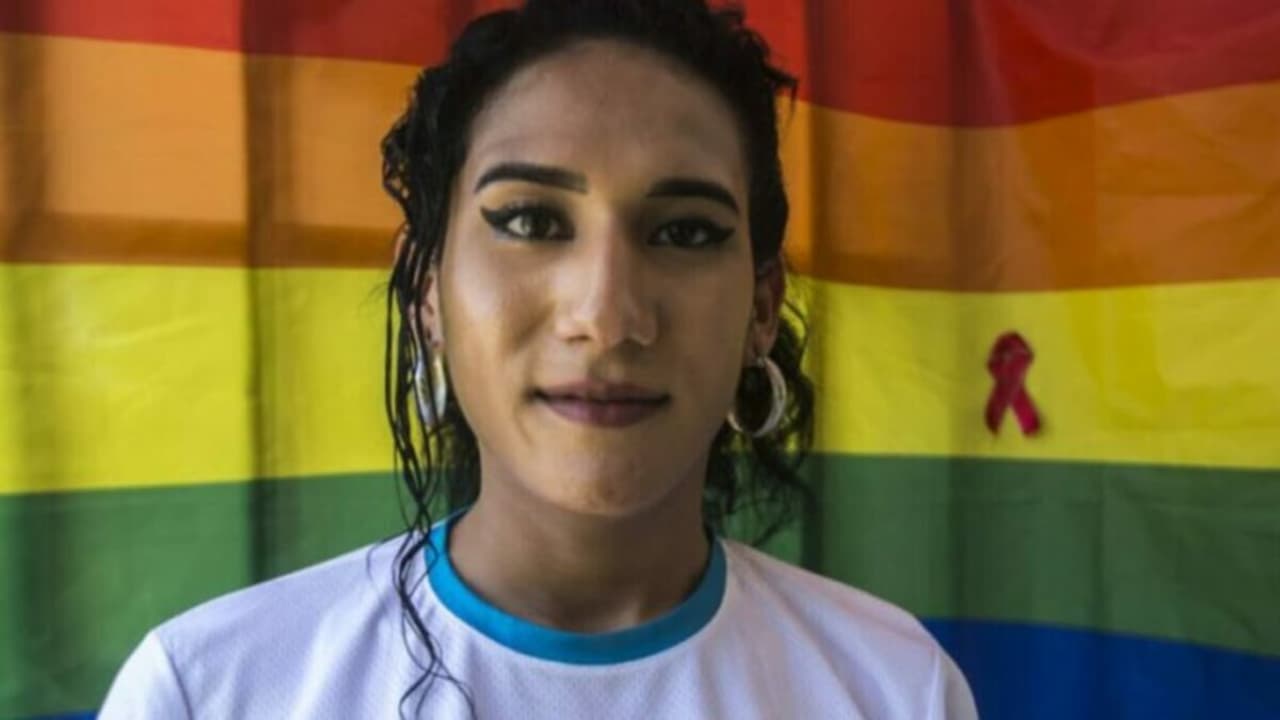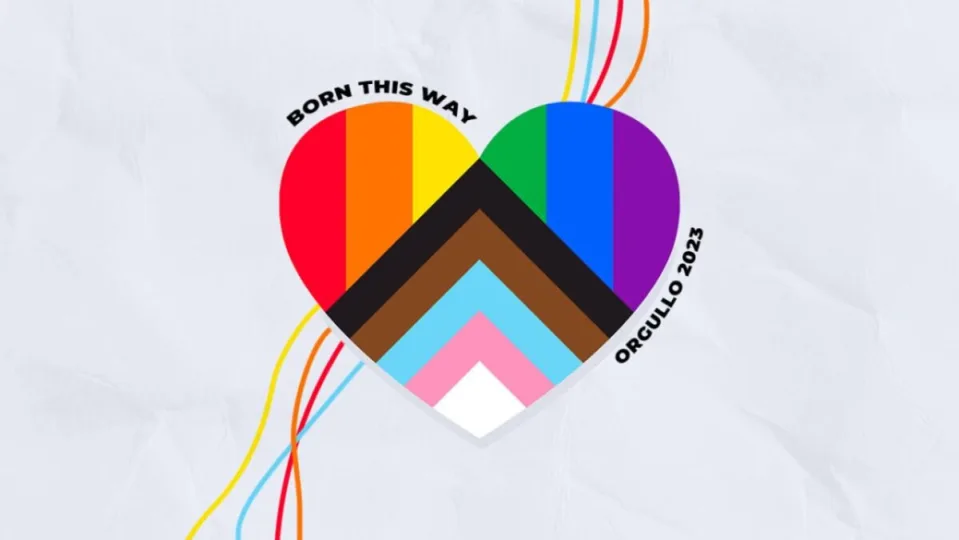Many wonder about the origin of Pride and where it all comes from. For over 50 years, every June 28th, this special day is celebrated, where gay, lesbian, bisexual, transgender, and queer individuals advocate for a more inclusive and tolerant society.
But why was June 28th chosen as Pride Day? To understand the reasons, one must delve into the history books and go back to June 28th, 1969. During that early morning, the famous Stonewall riots took place at a pub in New York’s Greenwich Village.
The library is open: what happened at Stonewall?
Greenwich Village had a reputation for being alternative, which attracted the LGBT community. It was there that they could find “safe” bars and establishments, although many of them were owned by mafia groups. Corruption and abuse were common within that environment, so it was not uncommon to see occasional police raids. The raid carried out at Stonewall on that day did not go as expected, and the riots erupted.
Since then, Stonewall has become a symbol of struggle for the community. Although it was not the first time there were clashes due to unjust raids, it acted as a catalyst for many more protests.

What does the acronym LGTB+ stand for?
Although there is no fixed way to refer to the community, in Spain it is common to use the term LGTB. These initials correspond to Lesbians, Gays, Transsexuals, and Bisexuals. However, the most widespread term globally is LGBT.
Over time, the term has evolved to include more initials in order to encompass a broader spectrum of the community. On some occasions, you may also see references to LGTBI+, which includes Intersex individuals and people who identify as queer in general.

Why is it important and necessary to celebrate Pride?
Celebrating Pride Day involves advocating for the rights of the LGBT+ community and bringing visibility to all individuals within it. While countries like Spain have made progress in terms of LGBTQ+ rights and freedoms, the same cannot be said for other parts of the world. In places like Saudi Arabia or Russia, same-sex relationships are punishable by death. In fact, transgender identity was classified as a mental disorder by the World Health Organization (WHO) until 2018.
Unfortunately, a significant portion of society still perceives the LGBT+ community as mentally ill or deviant. That is why it remains crucial to assert the values of love, diversity, and freedom, now more than ever.


